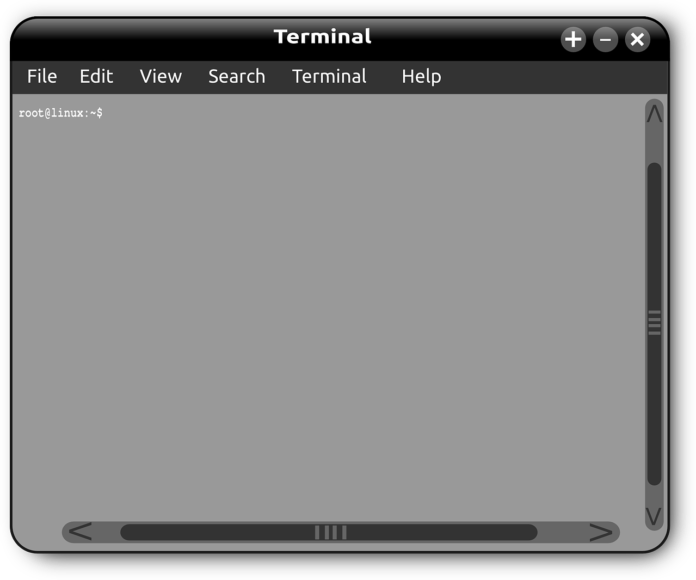
In the article, it will be explained what the functions of Incident Command system (ICS) are, as well as why this particular component is important. The Incident Command System is a system by which a group of people can manage an incident, including emergency situations where at least one person has been seriously injured or killed. This system has three primary functions: incident command headquarters, incident command post (ICP), and tactical operations center (TOC).
The main purposes of the incident command headquarters are to establish and maintain command and control of emergency operations; ensure the safety, health, and welfare of emergency personnel involved in planning, preparing, executing, and responding to the incident; coordinate activities with other entities having primary responsibility for response; provide direction for specific functions where no other organization is better organized to perform them. The main purposes of the incident command post (ICP) are to provide physical facilities and communications systems, staff officers to perform assigned tasks, and to provide a location where all staff members and others can be readily located regardless of their assignments. The main purpose of the tactical operations center (TOC) is to serve as an emergency operations center and a command post for response activities assigned by the incident command.
The picture below shows briefly the ICS components when it is being used.
The Incident Command System (ICS) forms the foundation of all incident management systems. It is a standardized emergency management concept designed to provide an effective organizational structure for managing all types of incidents. ICS provides a common frame of reference and terminology that facilitate understanding, cooperation, and coordination among all those involved in an incident regardless of function or discipline. ICS is not a substitute for a comprehensive incident management system, but rather an essential component of a properly designed and coordinated IMS.
Everyone in the local community can contribute to an effective response to any type of emergency. ICS gives each participant the tools necessary to become involved in the incident’s progress, either by providing information, making decisions or by assisting in the actual response. ICS starts in advance so that initial planning can be based on proven models and best practices. ICS provides the framework for establishing a comprehensive emergency response capability. The ICS is designed to integrate the resources of the local community into a coordinated, effective, and efficient response.
First Responders are individuals who may be first on scene at emergency incident. They are trained and expected to perform life-saving functions and may provide limited support for operations until additional help arrives. First responders include police, firefighters, paramedics, emergency medical technicians (EMTs), and other first-line responders. All first responders have the same basic responsibility of serving their community in the event of an emergency.
The Incident Commander (IC) may be a reserve officer who is temporarily appointed by the department to assume command of an incident until relieved by a higher ranking officer. The IC assumes overall responsibility for coordinating and commanding the response to the incident. The IC is usually responsible for directing the overall incident response, including information exchange and command decisions. ICs will typically serve in this capacity until relieved by a higher ranking officer.
The Incident Support Manager (ISM) is responsible for establishing the incident command post (ICP). The ISM may be a reserve officer who is temporarily assigned by the department to assume responsibility for establishing and managing the ICP.









